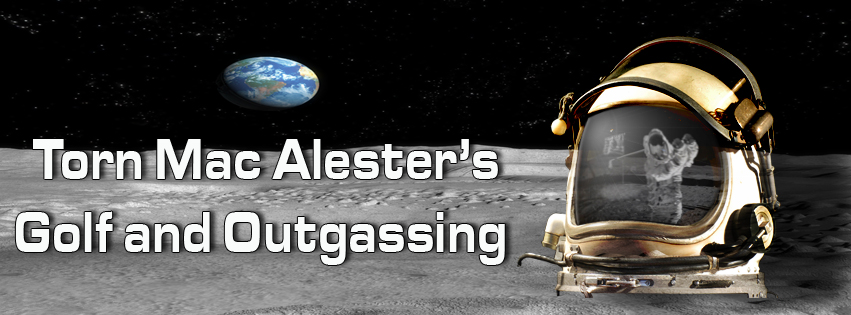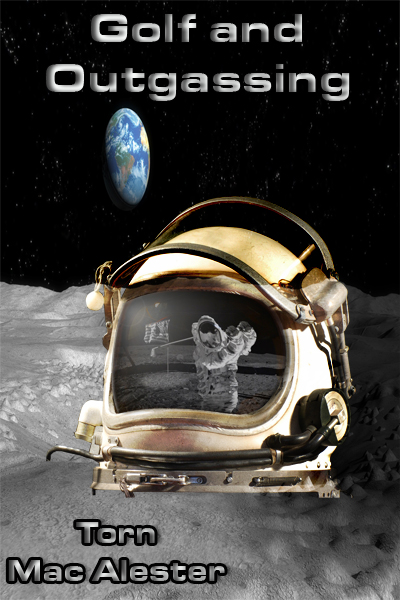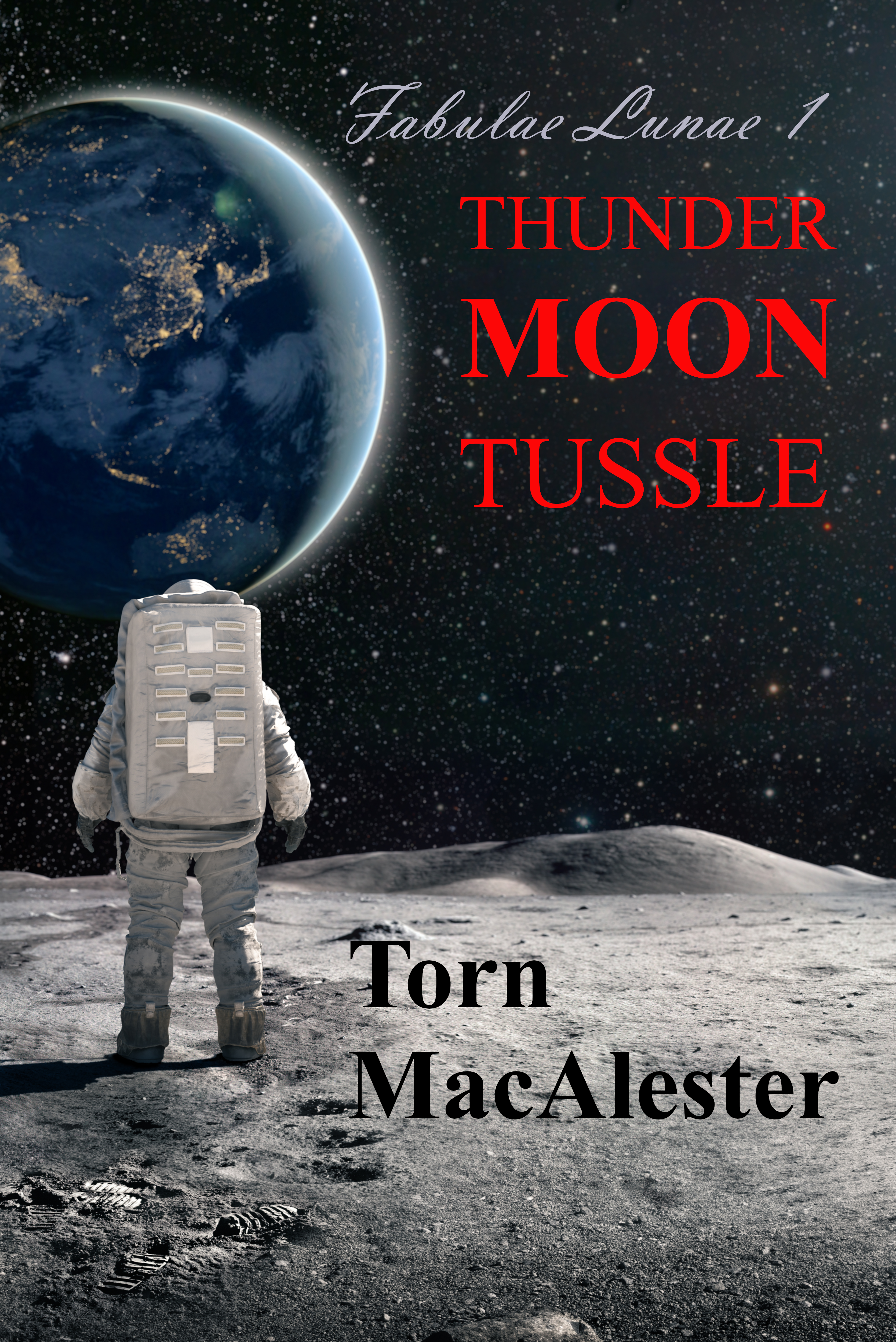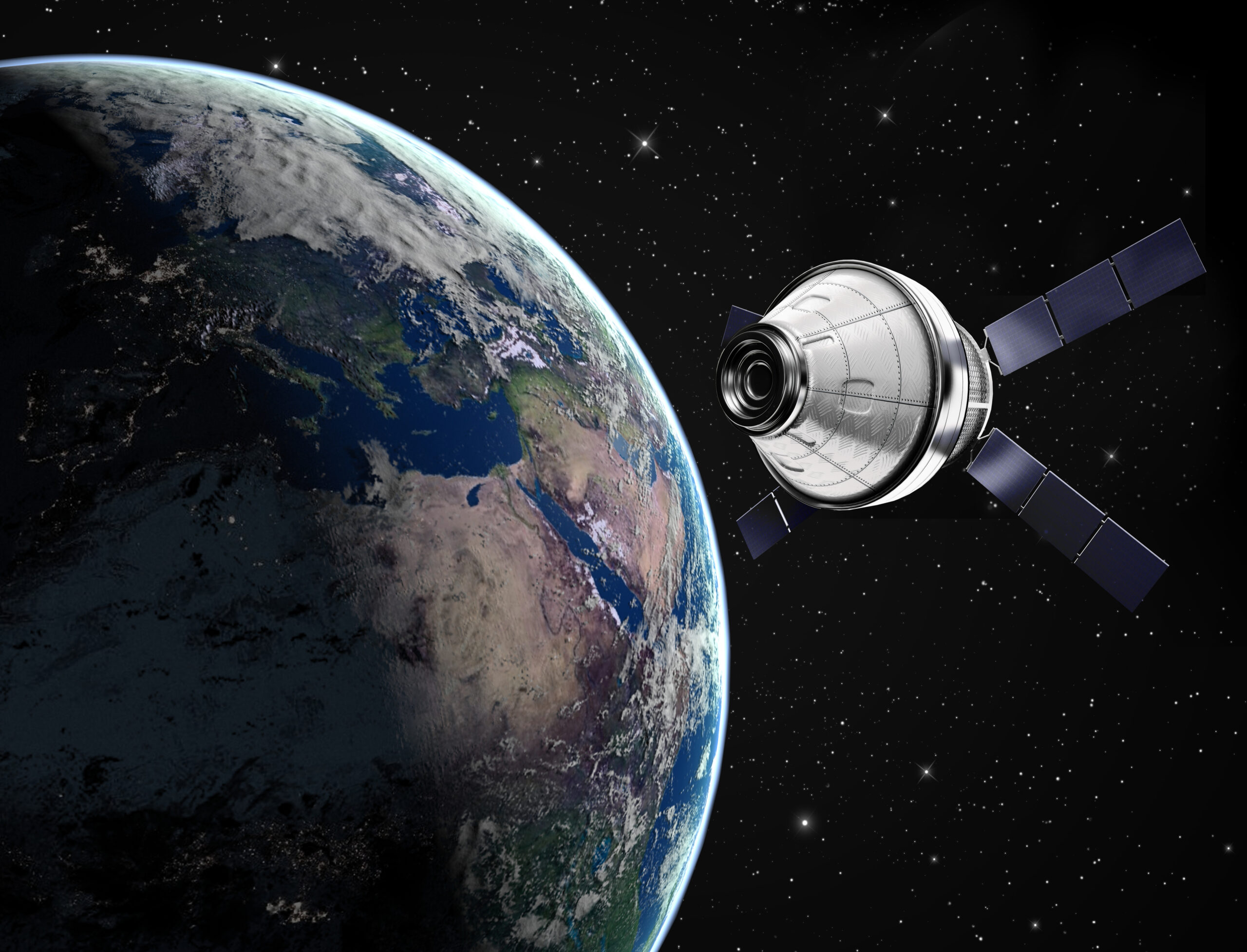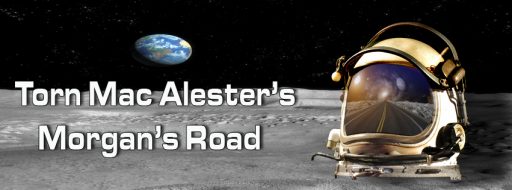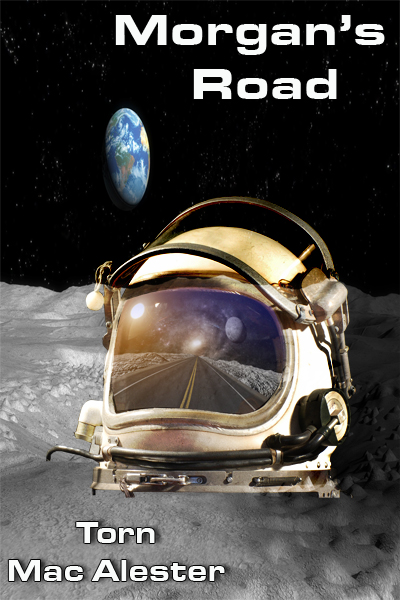From his Texas Office, Nils fell into the routine since they landed the remote-control crawler on the lunar surface. For about two weeks, he’d work nearly fourteen-hour days. Then once the sun had set on the landing site, he’d spend the next two weeks relaxing and working only a couple of hours a day. He’d been through two full cycles, awaiting the sunrise on the third cycle, starting in two days when the sun rises on the landing site.
He grabbed the coffee from the convenience store across the street from the office. Even though he only planned to spend two hours in the office, he felt it would be a long day. He realized he needed more time to prepare the site at Mare Frigoris for landings and start building the road to the North Pole before he could go to the Moon. Based on their timetable after the accident, Orbitdyne won’t be able to send humans to the Moon until next year at the earliest. Meanwhile, Nils prepared everything with automated rovers and a remote-controlled crawler. There was four months.
Once in the office, Nils dialed the vendor waiting for the teleconference to start between him and the KG vendor.
“Nils,” said Zia Hill, the woman who appeared on the screen. “I hope the Texas summer hasn’t totally wiped you out.” Zia was the flight director for the KG launch services in Savanah. She was the technical face of the company and provided Nils a powerful level of confidence in KG’s abilities. Zia never sugar-coated an issue, but she didn’t dwell on trivialities that meant nothing to the overall operation.
“Hi Zia,” said Nils. “It cooled off overnight, so it’s been quite pleasant this morning.”
“That’s good. Georgia summer hasn’t been too bad here either.”
“What’s the status?”
“We’ve got your payloads secure. Your partner is overseeing the final lockdown of the fairing. We expect to complete the stack tomorrow.”
“How is Milt?” asked Nils, wondering about his business partner, Milt Johnson. Milt had been mostly absent from the office during the past two months since landing on the Moon. He left Nils in charge of the daily operations of the Moon landings while he dealt with funding and technical issues across the country. “I haven’t spoken to him since last week’s telecon.”
“You know Milt—always on the move. We spoke just enough this morning that he could verify the crates and the rovers. Then he was off to another meeting.”
“Did he say where he was going?”
“No,” said Zia. “But I didn’t ask.”
“Okay, that’s fine. I was just wondering. What do you have for me?”
“We’ve completed the trajectories. We’ll land sunrise plus 27 hours at the landing site at Frigoris. The lander will need to be unloaded so we can launch it back into lunar orbit in five days.”
“That doesn’t give me much time,” said Nils. “That’s a lot of cargo on this run.”
“We can’t do anything about it. The agency has another payload that they want delivered to Shackleton by the seventeenth of the month. They are very insistent and spend a lot to make it happen. Offloaded or not, we launch five days after landing.”
“I got it. We’ll get her unloaded.”
“On another note, I have the preliminary time of landing based upon current estimated launch time,” said Zia. “I’ll send that out with the morning report.”
“Are we going to increase the pace of the meetings after launch?”
“We can provide you with a twice daily briefing, but it will offer little more than our twice a week briefing.”
“Okay, we’ll forget that for now,” said Nils, realizing the extra expense wouldn’t be justified. In fact, delays associated with Orbitdyne’s accident had seriously compromised their venture. Since Milt had handled most of the funding side, all Nils did was to worry about it and keep operations going. But there had been this persistent nagging in his mind that he was overlooking something.
*****
Nils drove out of Richardson and headed to his apartment in Dallas. He was planning to take everything and put it in storage months ago as he felt he’d already headed to the Moon. Now, the landlord sought him to sign another six-month lease. It was damn inconvenient. He had to handle a dozen things, including getting ready for his own voyage to the Moon. The necessities of Earthbound life just never seemed to make sense to him. He planned to leave, so tying himself financially or otherwise seemed non sequitur.
He continued driving, heading toward the apartment office. And he got caught in another traffic signal. It turned out unfortunate, but the signals weren’t in sync during that time of day. In fact, he knew better than to try going home this time of day. It would take close to an hour to make a twenty-minute drive. As he came to the stop, his phone rang. He touched the button on his earpiece.
“Yup,” he said.
“Hi, this is Milt,” said his partner. “We’ve got a problem.”
“We always have problems. What kind do we have today?”
“Lunacorp wants to have a look at operations. Lunacorp wants to inspect our operations because of our delay. I promised their auditor a chance to look at operations.”
“When did you make this promise?” asked Nils, fearing the answer.
“Day after tomorrow.”
“Shit. That’s absolutely the worst day.”
“We can’t do anything about it. They think we are not using their investment effectively,” said Milt. “You will need to prove it.”
*****
“This is going to be difficult,” said Nils. “But you are welcome to watch.”
“That is what I am here for,” said the auditor.
“The sun came up a few hours ago, and I am waiting until the ambient temperature reaches about freezing before I turn the heater on with the solar power.”
“Why wait?”
“I don’t want too large of temperature gradients across the electronics as things warm up,” explained Nils.
“Temperature gradients? I don’t understand.”
“Large changes in temperature over short distances between components. That creates a situation where it’s possible to crack wires or components because they expand unevenly. If it breaks, its dead until Milt and I get up there to fix it.”
“Assuming you can,” said the auditor.
“Yup, assuming we can.”
“You seem to have built a lot of your operation off of assumptions.”
“Not as many as you would think,” said Nils, realizing that the auditor was poking at their business plan.
“How so?”
“Well, I build my plans based on setting priorities. Those priorities are often to deal with an assumption that another piece of the construction depends upon.”
“Like you are working so hard on the solar arrays the past two months?” asked the auditor.
“Exactly. Without power, we are helpless to do much. Part of that power has to keep us alive during the long lunar nights. The first cycle presented the major challenge of providing enough power to keep the crawler alive through the lunar night. He set up solar panels and connected them to a battery pack, using as little power as possible.”
That first two-week lunar night had been frustrating. Nils couldn’t help the feeling of screwing up and leaving a dead rover on the Moon’s surface. The crawler had enough power, even more than he expected, when it came back to life after sunrise. To double the usable energy on site, he spent the next lunar day building a second power station.
“By doing this,” Nils continued. “We can bring AR1 and AR2 to Frigoris tomorrow on the third cycle’s cargo run after we settle at base camp for a bit.”
“Oh,” said the auditor. “That means you are too busy for this audit.”
“Yup. You could not have arrived at a worse time.”
“I’m sorry, but this is essential to Lunacorp.”
“Someone has said that,” said Nils. “If Lunacorp wants a scapegoat for the delay, it’s Orbitdyne. Their flyer has been out of service because of their accident. What I am doing is keeping us on some kind of schedule despite the delay in their system. Go back and tell Lunacorp whatever you want to tell them, but I’m really too busy to feed them a report because they are scared.”
“If that’s the way you feel.”
“Feeling has nothing to do with it. Those are the facts.”
“Well, I can say one thing,” said the auditor. “If you’re the one working on it, it’s likely going to succeed. However, I can say that you and your partner gave Lunacorp a line of shit a half million kilometers long. This plan is about a likely to succeed as putting a cork in Yellowstone.”
“Get out.”
“Have a good day.”
*****
Nils answered the phone.
“What the hell did you do?” asked Milt.
“What do you mean?”
“You know full well what I mean. That could lead to Lunacorp canceling the contract. We’re building the road for them, remember?”
“No,” said Nils. “We’re building it for ourselves, they are a facilitator.”
“How in the hell can’t you separate the two in your head?”
“If they can’t stay the hell out of the way of the work, then they are of no use to us. When that auditor started digging yesterday for me to justify what I was doing. He admitted I didn’t have time for it, but when he persisted. I laid it on the line. The facts were that his mere presence was putting the Lunacorp investment at risk.”
“Did you say it in those words?” asked Milt.
“No.”
“Then you might have as well said nothing.”
“What the hell do you mean?” asked Nils.
“Exactly what I’ve been saying. You put the whole thing at risk over a few hours of your time.”
“No. They jeopardized everything by taking away my work time. I could have done it in two weeks, but you didn’t bother consulting with me.”
“I—,” started Milt.
“The schedule is too tight during the lunar day to allow for that kind of nonsense. You should know better. It’s what we spent years training for maximizing our use of favorable time.”
“But—”
“With you not here helping me during the daytime, I’m left with trying to work sixteen to twenty-hour shifts on my own to keep the activity going,” said Nils. “Without you taking the other shifts, it puts us against the wall.”
“We need to keep the investors happy.”
“Yes, but not at the expense of the work.”
“Okay,” said Milt. “I’ll see what I can do about rescheduling.”
“Do it. Once the sun sets at Frigoris, I can chat with the auditor for two weeks. I barely have enough to do as it is.”
“I’ll take care of it.”
“Now,” said Nils. “About my other concern…”
“You mean I can’t contribute because of all the investor meetings?”
“Yup. What are you going to do about it?”
“Nothing,” said Milt. “But before you get pissed off, let me explain.”
“Sure.”
“I expect that during the better part of the next year, we’re going to be on the Moon. The investors and Lunacorp need to get a good sense of me before we put a screen and a quarter million miles between us. They need a sense of trust to keep us moving without me being here to hold their hand. Lunacorp is going to be tough enough, but we need to keep our construction company investors happy. And I’ve got to get into a meeting with them in the next five minutes so we can get this issue to blow over.”
“Okay, we’ll talk more later,” said Nils. Switching off the phone, he wondered why he still felt that Milt was feeding him a line of bull.
